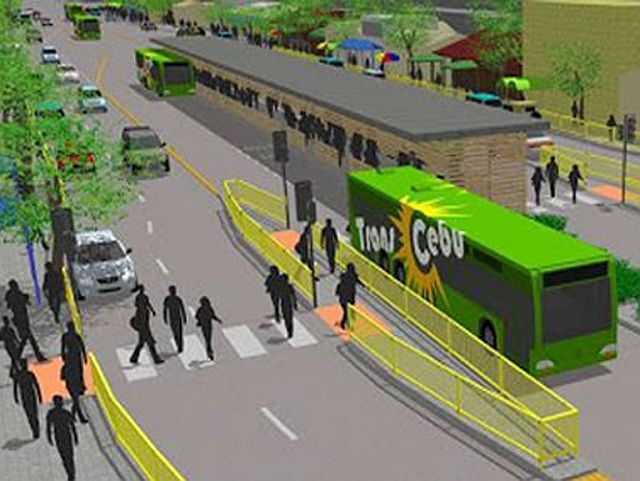THE PROPOSED Bus Rapid Transit System (BRT) project in Cebu City will now cost P17 billion based on computation by the Commission on Audit (COA).
“It’s COA’s computation. They computed the delay in the form of fees levied on the undisbursed portion of the loan. They’re called commitment fees,” said lawyer Rafael Yap, the outgoing head of the BRT-Project Implementation Unit (PIU).
Yap said that state auditors computed that constructing the BRT will now have a price tag of P17 billion from the previous amount of P16 billion.
Yap clarified that the computation from COA is not similar to the one conducted by the Japanese International Cooperation Agency (Jica), wherein economic losses are being determined.
Yap also stressed that the COA computation is not directly related to the recent reorganization in the BRT-PIU by the Department of Transportation (DOTr), the BRT’s implementing agency, which fired 13 of its 40 workers.
It remained unclear why DOTr decided to reorganize the BRT-PIU. Yap said his depature from the BRT-PIU at about the same time that the reorganization was announced was just a coincidence since he was already set to go to Japan to take up his Masters Degree in Policy at the National Graduate Institute for Policy Studies in Tokyo.
The BRT, which covers up to 21 kilometers from Barangay Bulacao in the south to Barangay Talamban in the north, is expected to be operational by 2021.
Yap, in an earlier interview, had said they were hoping to start its construction within this year.
The reorganization of the BRT- PIU last March, however, meant that several delays would have to be expected.
Cebu City Mayor Tomas Osmeña, who had been lobbying for the project since the 1990s, vowed to make sure it will be implemented despite its recent setbacks.
